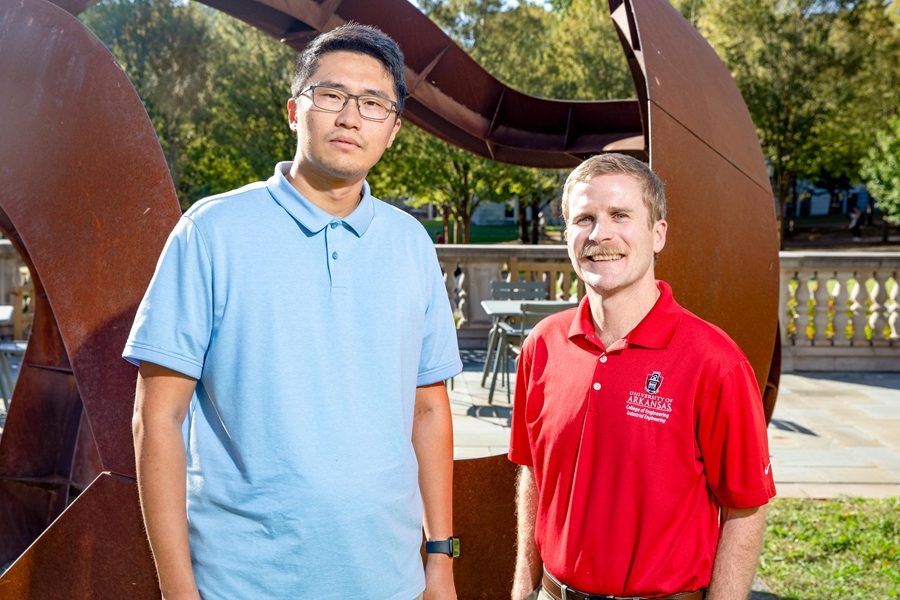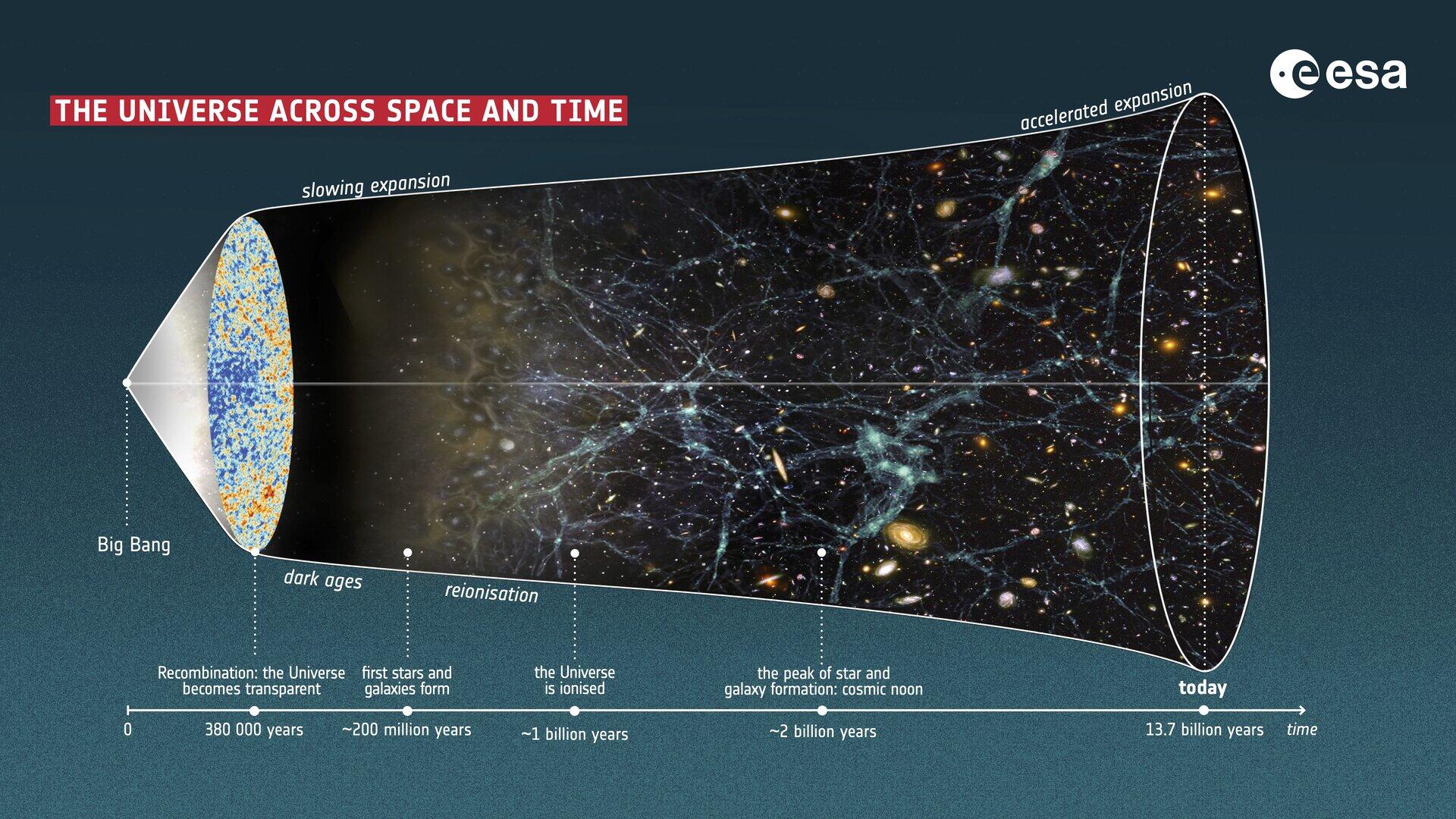The U.S. Air Force Office of Scientific Research has awarded approximately $588,000 to two researchers at the University of Arkansas to investigate the role of information in protecting critical networks during disruptive events. The project, led by assistant professors of industrial engineering Haoming Shen and Robert Curry, aims to develop mathematical models that will guide how information is collected, shared, and safeguarded during crises, including natural disasters and cyberattacks.
This research focuses on understanding how the flow and accuracy of information impact a community’s capacity to respond to and endure disruptions. The team will also explore the strategic allocation of limited resources, such as sensors or drones, to detect threats and ensure the protection of vital infrastructure.
Shen and Curry are addressing two fundamental questions: how can defenders utilize information to predict and identify potential attacks, and how can misinformation or strategic information sharing be employed to deter or divert threats?
Curry explained, “If we put it in non-mathematical terms, we’re trying to make a set of data-informed decisions, and we’re trying to make those decisions with uncertain information.”
While the study will primarily involve theoretical modeling, its outcomes could significantly influence future crisis planning and infrastructure protection, particularly in the transportation and logistics sectors.
Shen emphasized the proactive nature of their work, stating, “We want to configure sensor networks to detect any potential disruptions in our network. However, deploying sensors or conducting sensing tasks requires investment, and the total amount of a budget is always limited. So we want to identify the best strategies to allocate resources and detect these attacks while strategically protecting our infrastructure.”
The funding for this project comes through the Defense Established Program to Stimulate Competitive Research (DEPSCoR), a Department of Defense initiative aimed at enhancing research capacity at universities located in underrepresented states. U.S. Senator John Boozman, a supporter of DEPSCoR, remarked, “This project provides an opportunity to pursue high-quality research with real-world applications like protecting critical infrastructure. Investing in this project reinforces and enhances our largest institution’s significant role in supporting national security.”
In addition to this funding, the University of Arkansas announced in October 2023 its participation in a national research team developing advanced video object tracking technology under a contract from the Defense Advanced Research Projects Agency (DARPA). This initiative could potentially secure up to $6 million in federal funding for the university, further solidifying its commitment to cutting-edge research and technology development.







